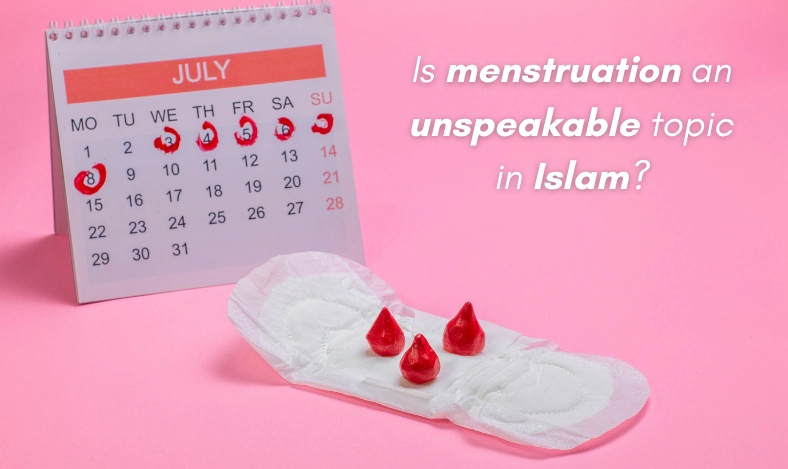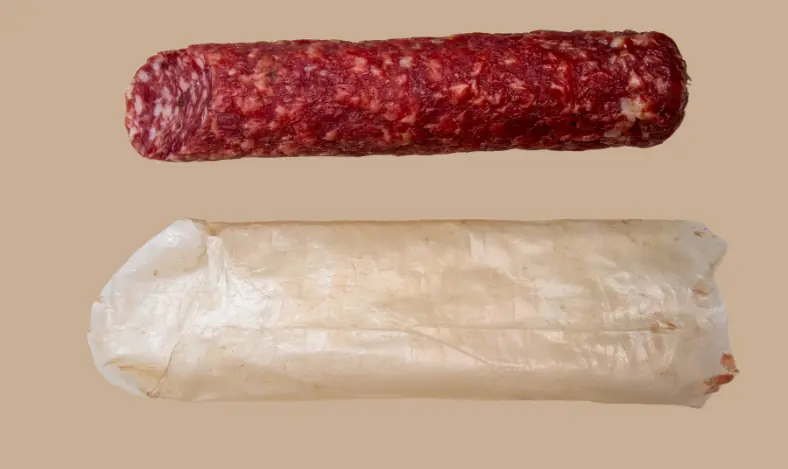Question
Hadiths from Sunan Abi Dawud (3696 and 3685) mention the Prophet (peace be upon him) forbidding drums (kūbah). I want to believe music is permissible, but if drums are forbidden here, wouldn’t that extend to all musical instruments? There are only a few authentic hadiths that mention music explicitly, but how else can one interpret this hadith?
Jazākallāhu khayran.
Answer
A clear understanding of the scope of hadith and its relationship to Islam’s primary sources—the Qur’an and the Sunnah—is essential for deriving any legal rulings from it. This necessity stems from the distinct nature of hadith transmission, which differs significantly from the methods through which the Qur’an and the Sunnah have been preserved and conveyed. In our view, Hadith does not function as an independent source for deriving religious directives; its authority is contingent upon the Qur’an and the Sunnah. (For a detailed examination of this distinction, refer to the first preamble from Ghamidi’s work Mizān, titled ‘Fundamental Principles’.)
Qur’an 7:32-33 clearly states that God has prohibited only five things (apart from the dietary restrictions): indecency and vulgarity (favāhish), usurping peoples’ rights (ithm), excesses against the life, property, and honour (baghy), associating partners with God (shirk), and innovation in religion (bid‘ah). Hence, it is not acceptable to assume that any of the fine arts are categorically prohibited in God’s religion unless they contain one or more of these elements.
It is imperative to interpret the hadith reports you have referenced in light of the Qur’an’s explicit guidance, as the Qur’an has exclusively identified these five categories as prohibited.
The hadith reports in question may be interpreted through the following perspectives:
- The term الكوبة (al-kūbah) may very well refer to a drum, but only when it is used in morally objectionable gatherings, often characterised by the consumption of intoxicants (khamr) and engagement in gambling activities (maysir). The prohibition, therefore, would pertain to the drum as an accessory to these impermissible activities, rather than to the instrument or its use in isolation; or
- Alternatively, the term الكوبة (al-kūbah) in these hadith reports may not denote a drum at all but could instead refer to a form of gambling, such as backgammon (nard) or chessboard (shatranj), as suggested by certain lexicographers, jurists and hadith commentators. This would also fit the context, which speaks of intoxicants and gambling.
Regarding al-kūbah, we read in Lisan al-Arab by Ibn Manzur,
ابن الأعرابي : كاب يكوب إذا شرب بالكوب . والكوب : دقة العنق وعظم الرأس . والكوبة : الشطرنجة . والكوبة : الطبل والنرد ، وفي الصحاح : الطبل الصغير المخصر . قال أبو عبيد : أما الكوبة ، فإن محمد بن كثير أخبرني أن الكوبة النرد في كلام أهل اليمن ; وقال غيره ، الكوبة : الطبل . وفي الحديث : إن الله حرم الخمر والكوبة ; قال ابن الأثير : هي النرد ; وقيل : الطبل ; وقيل : البربط ، ومنه حديث علي : أمرنا بكسر الكوبة ، والكنارة ، والشياع .
Ibn al-A‘rābī: “Kāba yakūb” means “to drink from a cup.”
al-Kūb: A slender neck with a large head.
al-Kūbah:
- A chessboard.
- A drum.
- A backgammon board.
In Al-Ṣiḥāḥ: “A small drum.”
Abu ʿUbayd said: “Muhammad ibn Kathīr told me that ‘kūbah’ means backgammon in Yemeni Arabic.” “Others said it means a drum.” In the hadith: “Allah has forbidden alcohol and the kūbah.” Ibn al-Athīr said: “It is the backgammon board.” “Some said it is a drum.” “Some said it is a barbat (a type of lute).” In the hadith of ʿAlī: “We were commanded to break the kūbah, the kinnārah, and the shiyāʿ.”
It is also possible that the Prophet Muhammad (pbuh) was speaking about avoiding a specific type of goblet (al-Kūb) used for drinking wine, the way he initially prohibited Muslims from such containers traditionally associated with intoxicants, but a hadith transmitter understood it as a drum (al-kūbah). The fact that the Prophet (sws) prohibited the use of such containers is clear from the hadith you have cited. Later on, when the prohibition of intoxicants was clear to everyone, the Prophet (sws) allowed Muslims to use these containers as is mentioned in the following report:
Narrated Buraydah ibn al-Hasib: The Prophet (sws) said: I forbade you three things, and now I command (permit) you for them. I forbade you to visit graves, now you may visit them, for in visiting them there is admonition. I forbade you drinks except from skin vessels, but now you may drink from any kind of vessels, but do not drink an intoxicant. I forbade you to eat the meat of sacrificial animals after three days, but now you may eat and enjoy it during your journeys.
Sunan Abu Dawud, Hadith 3698
Conclusion
Given the varying interpretations of al-kūbah and its possible meanings, it is evident that the hadith reports in question require careful contextual and linguistic analysis before drawing any legal conclusions. The Qur’an provides explicit guidance on what is prohibited, and any interpretation of hadith must align with these foundational principles.
The hadith reports may either refer to a drum when associated with immoral gatherings, a form of gambling, or even a specific type of goblet traditionally linked to intoxicants. The Prophet’s prohibitions often carried contextual implications, as seen in his initial restriction of drinking vessels, later lifted when the broader prohibition of intoxicants became well understood.
Thus, instead of assuming an absolute prohibition on musical instruments, these hadith reports should be understood in their historical and legal context. The fundamental criterion for prohibition in Islam, as the Qur’an outlines, remains tied to moral corruption, injustice, and excesses rather than the mere presence of a particular instrument or object.
Regards,
Mushfiq Sultan








